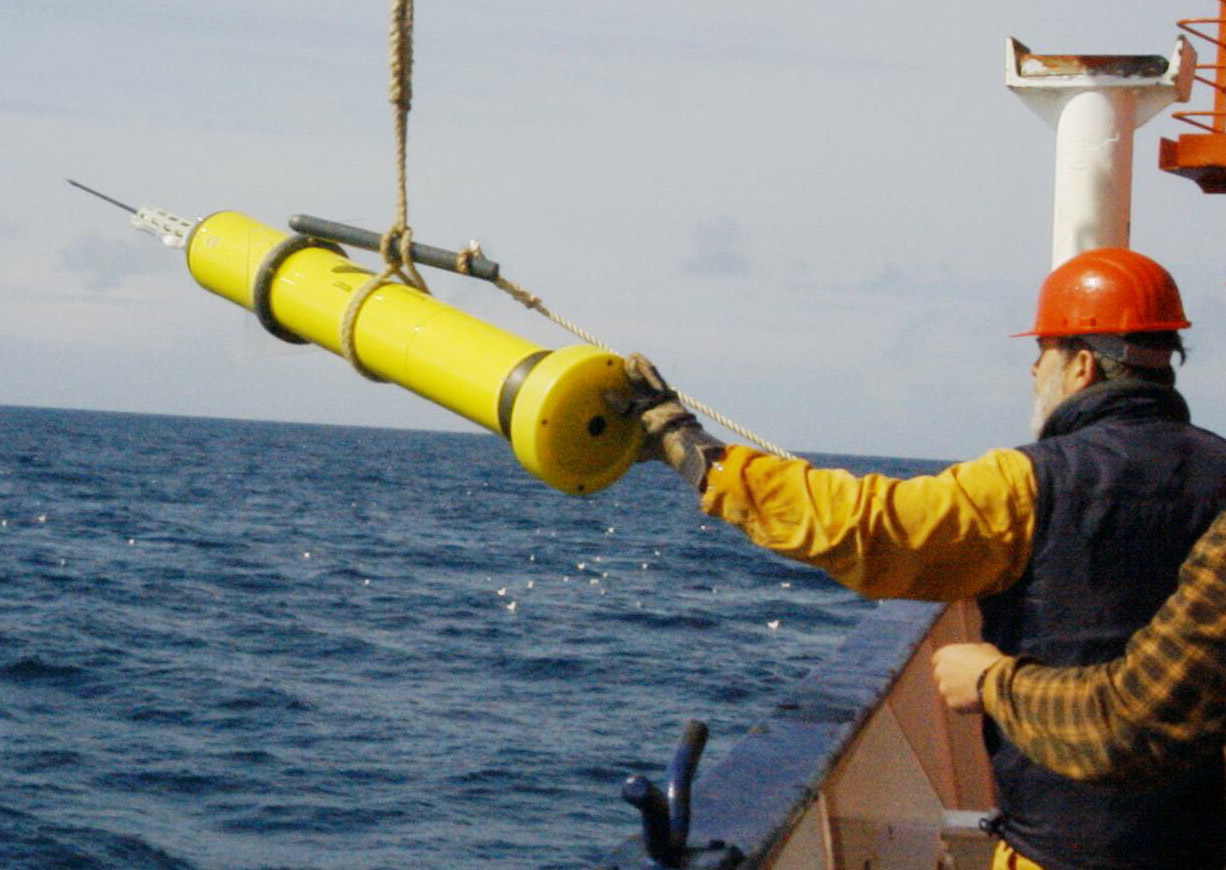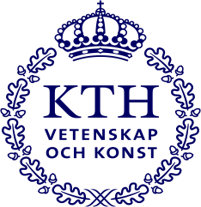Co-environing the ocean and climate: The Argo program

Susanna Lidström and Adam Wickberg examine the Argo Program, which coordinates an array of autonomous floats that roam the upper 2000 meters of the ice-free ocean, asking what it means for our view of the ocean's history and future.
Full Article
Lidström, S., & Wickberg, A. (2025). Co-environing the ocean and climate: The Argo program . Environment and Planning E: Nature and Space, 0(0).
Abstract
The Argo program is an international scientific network that coordinates an array of autonomous floats that roam (primarily) the upper 2000 meters of the ice-free ocean, collecting data on currents, temperature and salinity. The floats use satellites to communicate near-real time data to designated receiving centers, where the raw data are made available for immediate purposes before being processed and eventually published as high-quality data for scientific research. This study examines the emergence of the Argo program in relation to a perceived urgent need for climate-relevant ocean data in the late 1990s and considers implications of the interactions between the Argo program and climate change in subsequent decades. We outline how the physical floats, the data they record, and the aims and strategies formulated around the program have acted as ‘environing’ technologies and media that have brought the ocean into close interaction with climate science and climate change governance since around 2010. We suggest that as part of this co-environing process, the Argo program has helped produce novel views of the ocean's historicity, where feedbacks between technical mediation and environmental epistemology ties ocean variability to human temporalities. We show that this new historicity extends not only to the human past but also into ocean futures through association with the ‘cultures of prediction’ dominant in climate science and models. To conclude, we briefly place our argument in the context of contemporary aims for growing the so-called blue economy, promising a human-ocean relationship increasingly centered on notions of control, active management, economic development and climate change mitigation.

